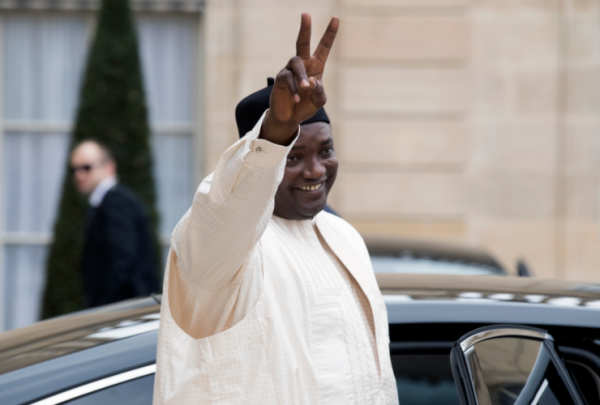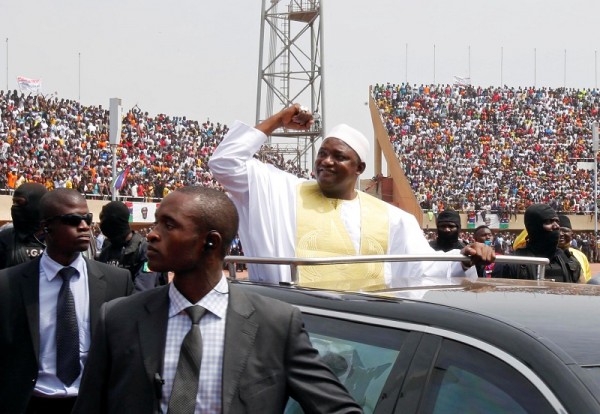The Gambian Inspector General of Police, Yankuba Sonko, reportedly said that Interpol confirmed to Gambian authorities that a journalist who has been missing since 2006 is actually in the United States.
“As far as we are concerned, the latest information we received from Interpol is that he was seen in America and that is it,” AFP quoted the police chief as saying.
A written request for confirmation sent to Interpol had not been answered by the time of publication, 24 hours after the email was sent.
“We call on the Gambian authorities to reveal their evidence that Manneh is in the United States and that he is alive,” said IPI Executive Director Alison Bethel McKenzie. “To indicate that Manneh is alive but refuse to provide evidence to support these statements is simply cruel.”
Yankuba Sonko’s comments, originally made to The Standard newspaper, come only a few short months after former justice minister told the Daily News that Manneh was alive and not in government custody.
Ebrimah “Chief” Manneh, a journalist with the Daily Observer, was arrested by two plainclothes officers in July 2006. As IPI documented, Manneh was suspected of having passed “damaging” information to a foreign journalist who wrote a critical report about the regime. Subsequently, Manneh was reportedly seen in various prisons and police stations but the government and police claimed they were unaware of his whereabouts.
The ECOWAS Community Court ruled in 2008 that the Gambian government should reveal the whereabouts of Ebrimah Manneh and release him. IPI members and others have said they feared that the journalist had died in custody.
The Gambia and President Yahya Jammeh have repeatedly been criticized for their treatment of journalists and for limitations of freedom of the press and freedom of expression. Journalists have been threatened and jailed on several occasions, and the December 2004 murder of The Point’s founder and chief editor Deyda Hydara remains unresolved.
In November 2011, Jammeh was again re-elected in a vote observers said was flawed. On that day the president told the BBC: “The journalists are less than 1% of the population and if anybody expects me to allow less than 1% of the population to destroy 99% of the population, you are in the wrong place.”
However, the President has apparently altered his approach and in February reportedly invited the United Nations High Commissioner for Human Rights, Navi Pillay, to conduct a probe into the disappearance of Manneh and the murder of Hydara, Reuters reported.


